
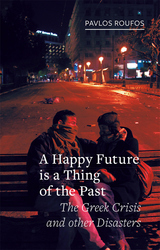
In this latest installment in Reaktion's Field Notes series, published in association with the Brooklyn Rail, Pavlos Roufos answers this key question in an insightful, critical analysis of the origins and management of the 2010 Greek economic crisis. Setting the crisis in its historical context, Roufos explores the creation of the Eurozone, its “glorious” years, and today’s political threats to its existence. By interweaving stories of individual people’s lived experiences and describing in detail the politicians, policies, personalities, and events at the heart of the collapse, he situates its development both in terms of the particularities of the Greek economy and society and the overall architecture of Europe’s monetary union. This broad examination also illuminates the social movements that emerged in Greece in response to the crisis, unpacking what both the crisis managers and many of their critics presented as a given: that a happy future is a thing of the past.
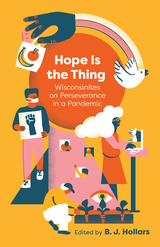
As the one hundred essays and poems gathered here demonstrate, hope comes in many forms: a dad dance, a birth plan, an unblemished banana, a visit from a neighborhood dog, the revival of an old tradition, empathy. The contributors are racially, geographically, and culturally diverse, representing a rough cross section of Wisconsin voices, from truck driver to poet laureate, from middle school student to octogenarian, from small business owner to seasoned writer. The result is a book-length exploration of the depth and range of hope experienced in times of crisis, as well as an important record of what Wisconsinites were facing and feeling through these historic times.
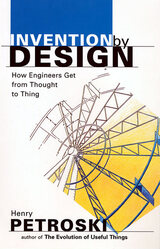
Henry Petroski’s previous bestsellers have delighted readers with intriguing stories about the engineering marvels around us, from the lowly pencil to the soaring suspension bridge. In this book, Petroski delves deeper into the mystery of invention, to explore what everyday artifacts and sophisticated networks can reveal about the way engineers solve problems.
Engineering entails more than knowing the way things work. What do economics and ecology, aesthetics and ethics, have to do with the shape of a paper clip, the tab of a beverage can, the cabin design of a turbojet, or the course of a river? How do the idiosyncrasies of individual engineers, companies, and communities leave their mark on projects from Velcro® to fax machines to waterworks? Invention by Design offers an insider’s look at these political and cultural dimensions of design and development, production and construction.
Readers unfamiliar with engineering will find Petroski’s enthusiasm contagious, whether the topic is the genesis of the Ziploc® baggie or the averted collapse of Manhattan’s sleekest skyscraper. And those who inhabit the world of engineering will discover insights to challenge their customary perspective, whether their work involves failure analysis, systems design, or public relations. Written with the flair that readers have come to expect from his books, Invention by Design reaffirms Petroski as the master explicator of the principles and processes that turn thoughts into the many things that define our made world.

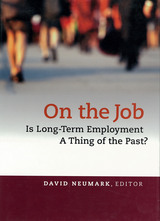
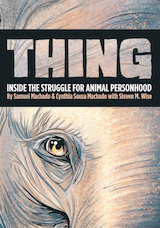
Led by lawyer Steven M. Wise and aided by some of the world’s most respected animal behavior and cognition scientists, the Nonhuman Rights Project has filed cases on behalf of nonhuman animals like Happy since 2013. Through this work, they have forced courts to consider the evidence of their clients’ cognitive abilities and their legal arguments for personhood, opening the door for similar cases worldwide. In Thing, comic artists Sam Machado and Cynthia Sousa Machado bring together Wise’s groundbreaking work and their powerful illustrations in the first graphic nonfiction book about the animal personhood movement. Beginning with Happy’s story and the central ideas behind animal rights, Thing then turns to the scientists that are revolutionizing our understanding of the minds of nonhuman animals such as great apes, elephants, dolphins, and whales. As we learn more about these creatures’ inner lives and autonomy, the need for the greater protections provided by legal rights becomes ever more urgent.
With cases like Happy’s growing in number and spanning from Argentina to India, nations around the world are beginning to recognize the rights of animals. Combining legal and social history, innovative science, and illustrated storytelling, Thing presents a visionary new way of relating to the nonhuman world.
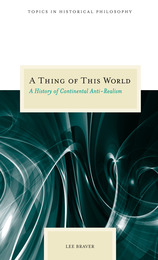
Using a framework derived from prominent analytic thinkers, Lee Braver traces the roots of anti-realism to Kant's idea that the mind actively organizes experience. He then shows in depth and in detail how this idea evolves through the works of Hegel, Nietzsche, Heidegger, Foucault, and Derrida. This narrative presents an illuminating account of the
history of continental philosophy by explaining how these thinkers build on each other's attempts to develop new concepts of reality and truth in the wake of the rejection of realism. Braver demonstrates that the analytic and continental traditions have been discussing the same issues, albeit with different vocabularies, interests, and approaches.
By developing a commensurate vocabulary, his book promotes a dialogue between the two branches of philosophy in which each can begin to learn from the other.
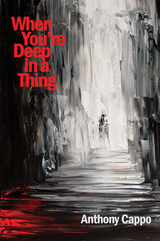
READERS
Browse our collection.
PUBLISHERS
See BiblioVault's publisher services.
STUDENT SERVICES
Files for college accessibility offices.
UChicago Accessibility Resources
home | accessibility | search | about | contact us
BiblioVault ® 2001 - 2024
The University of Chicago Press









